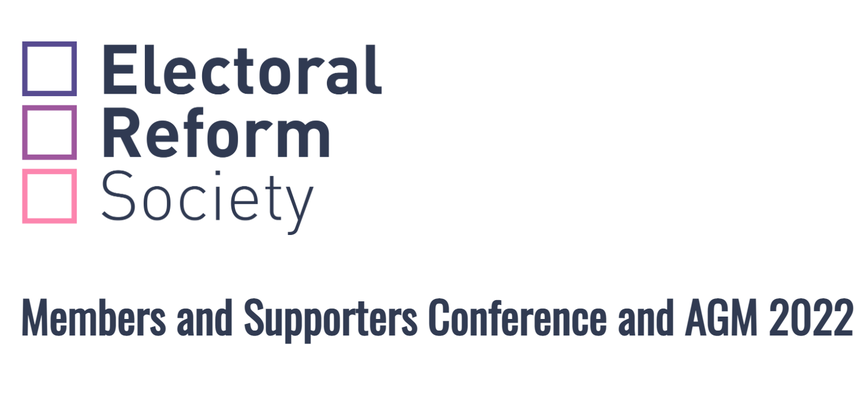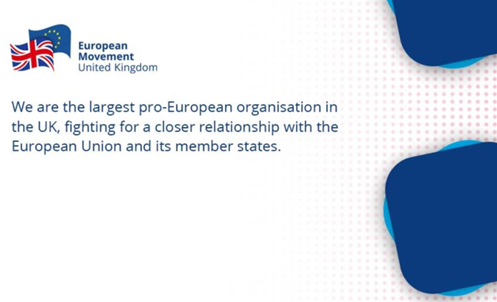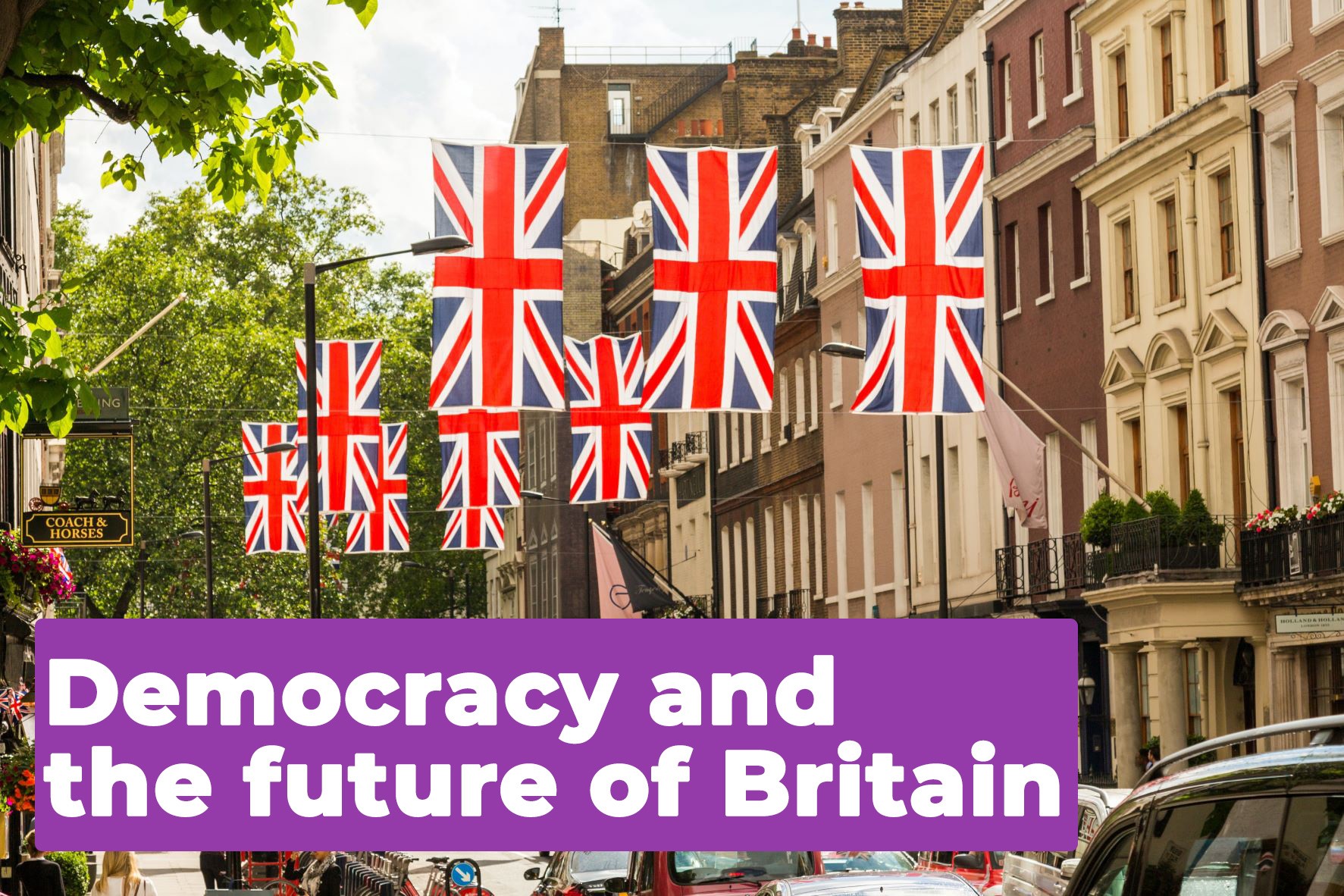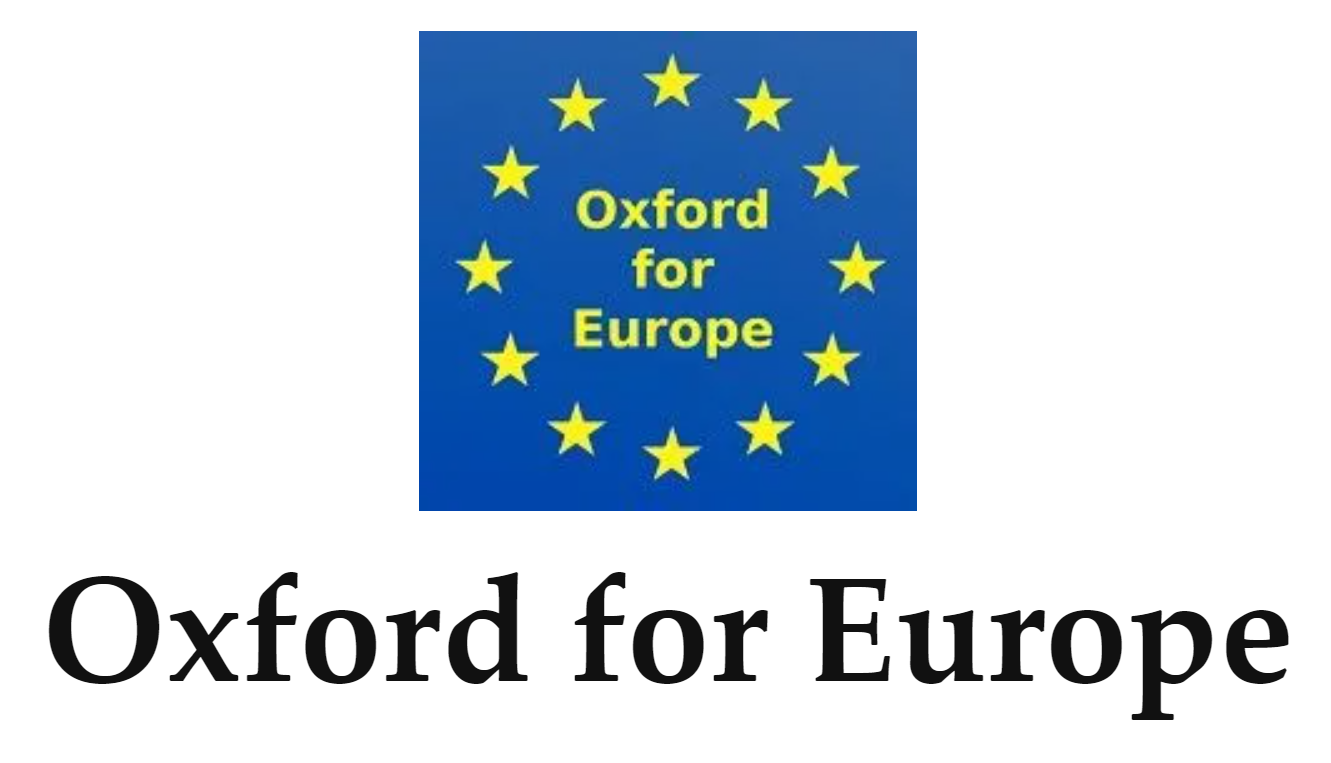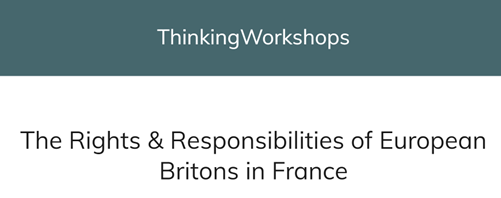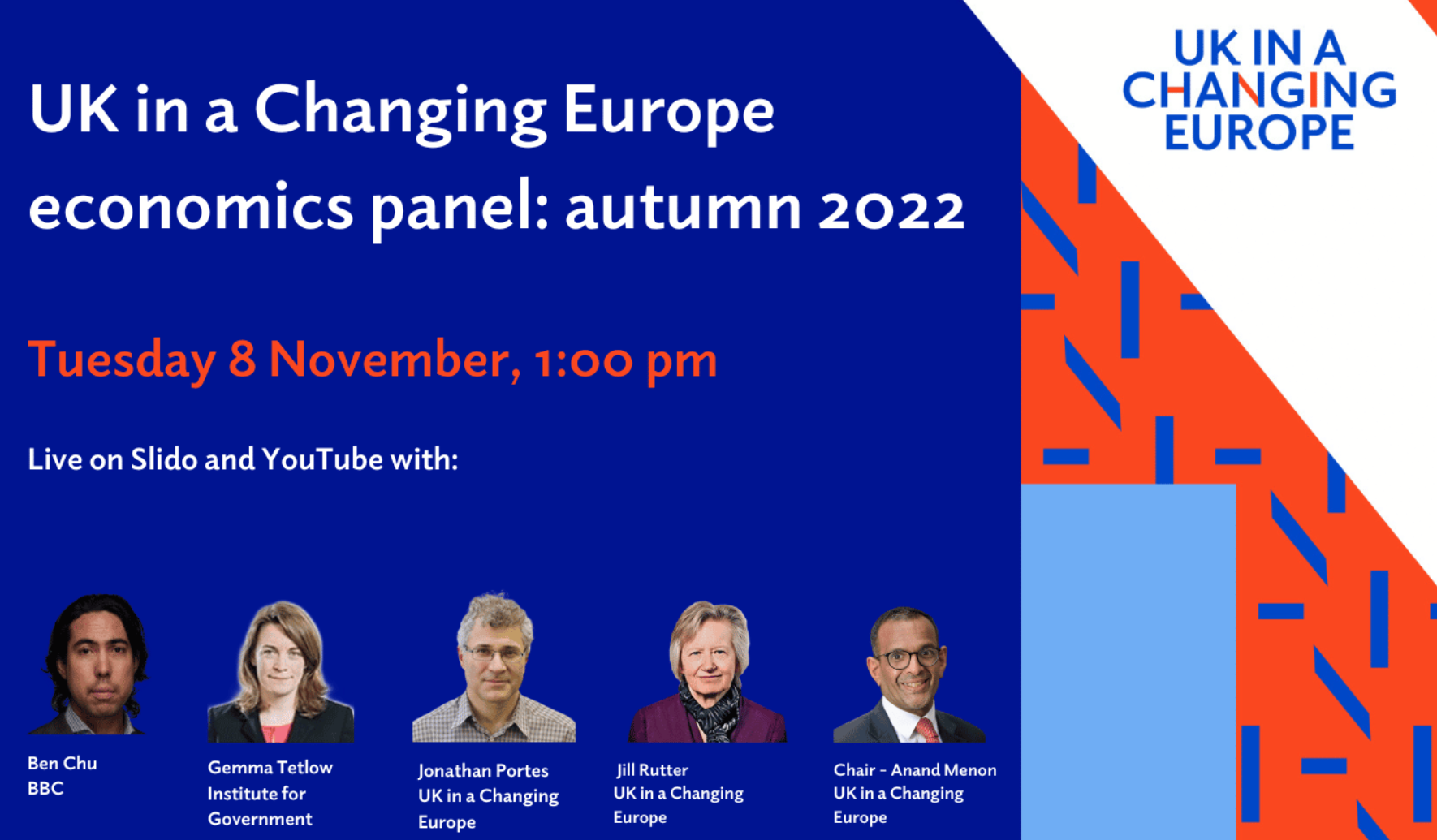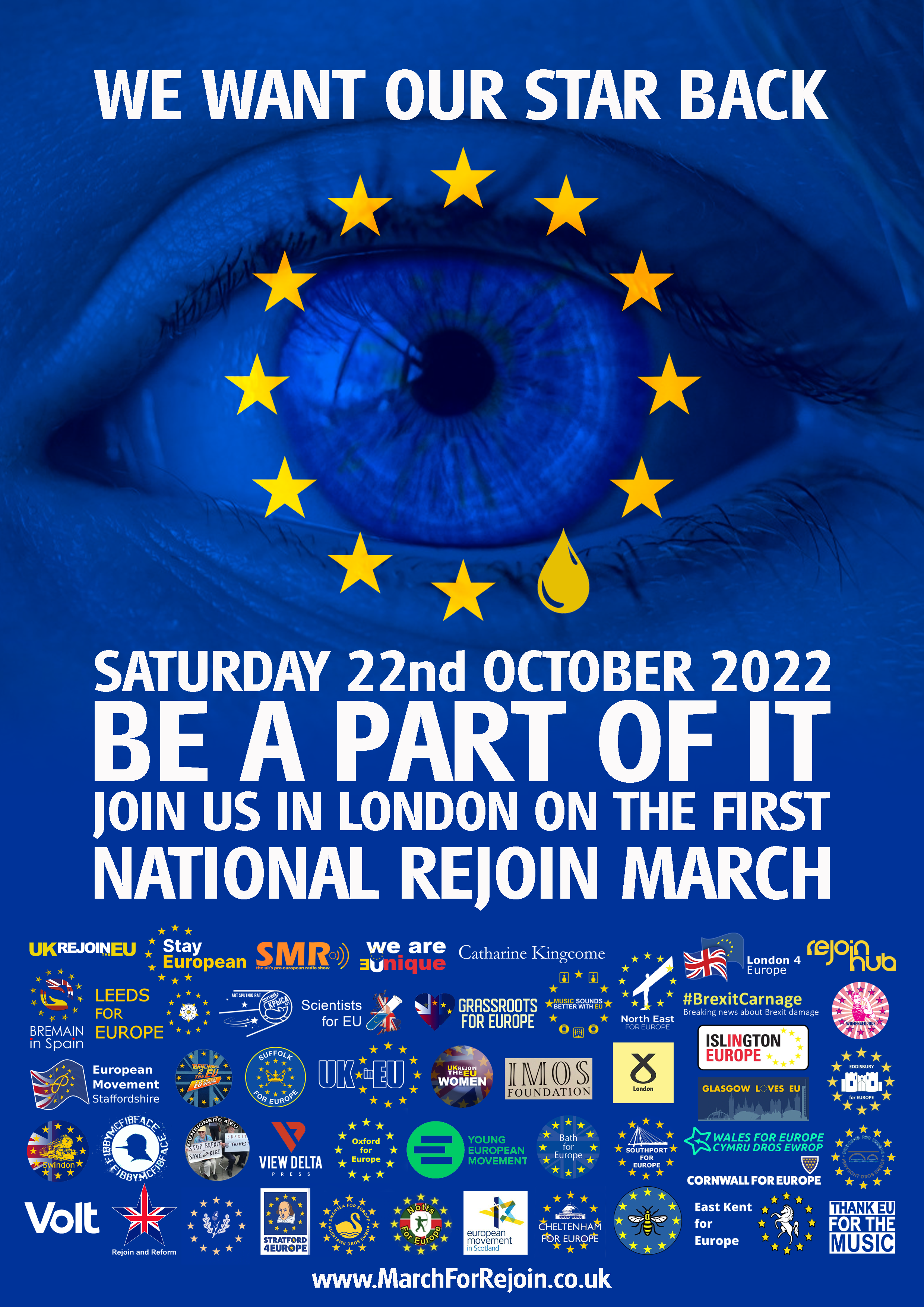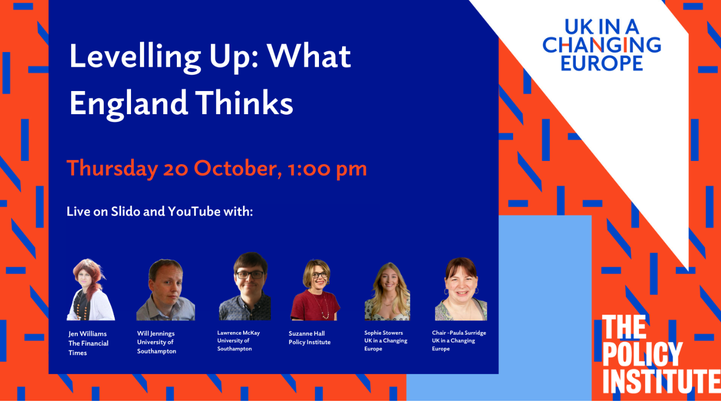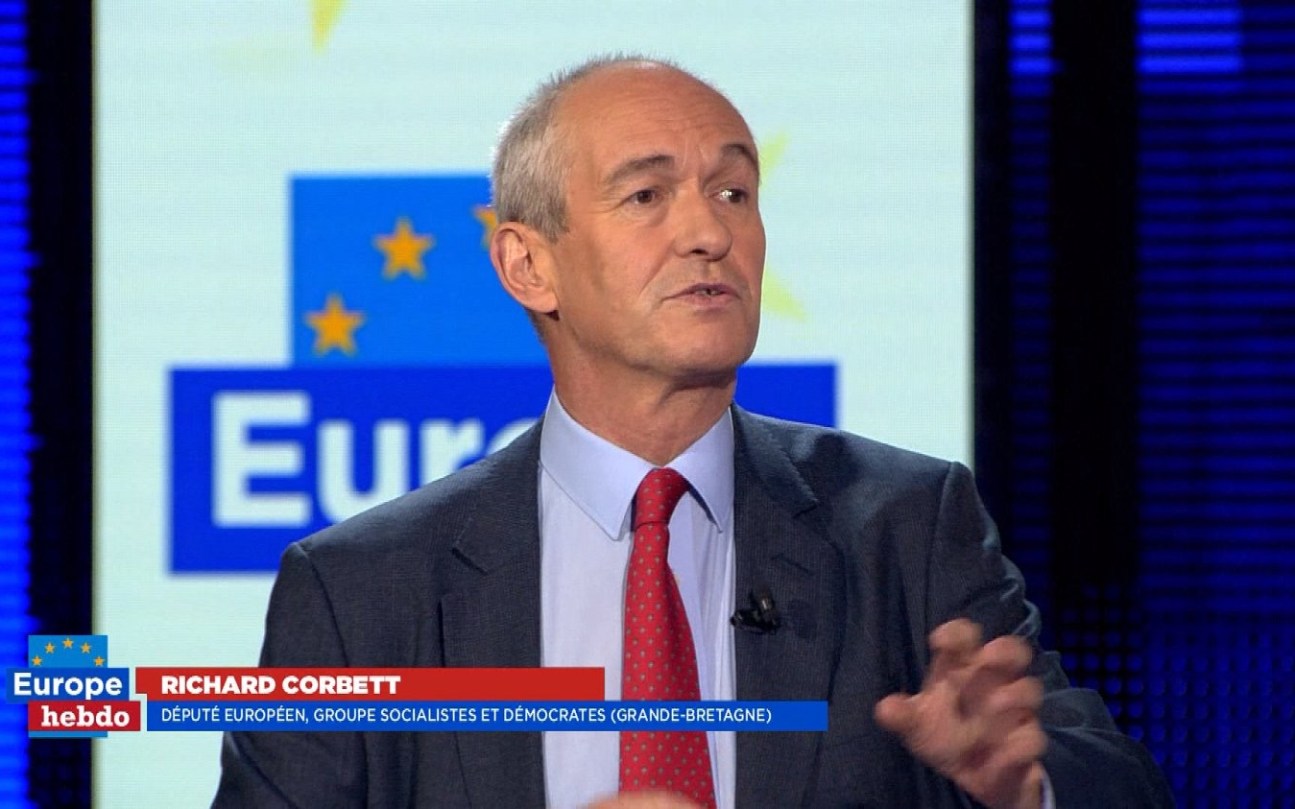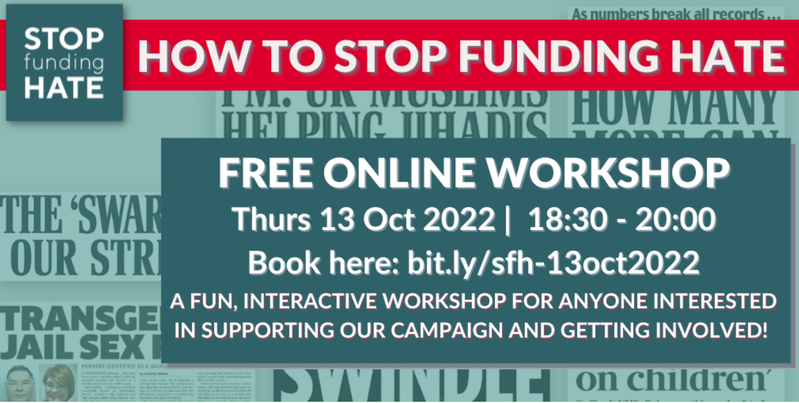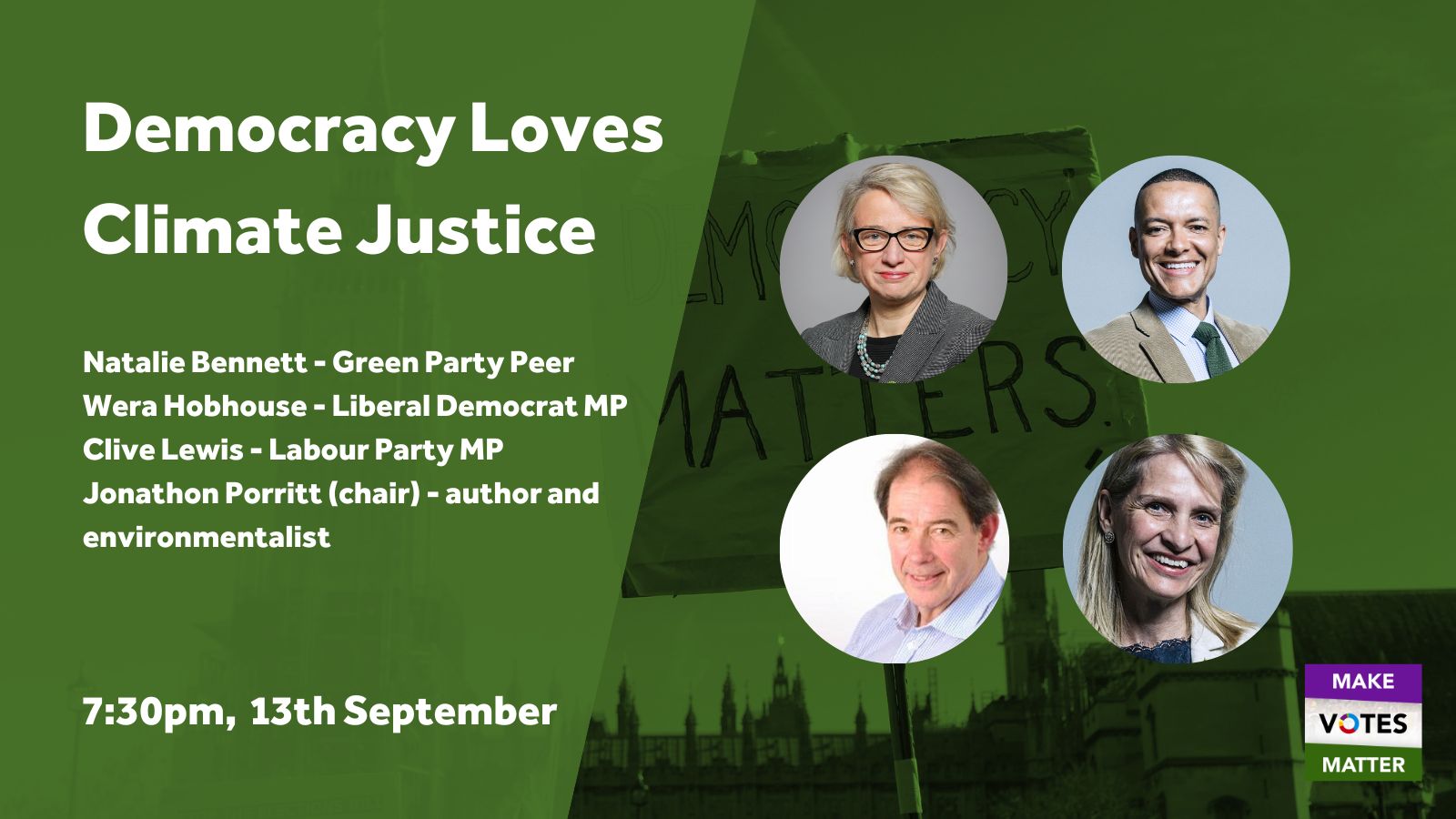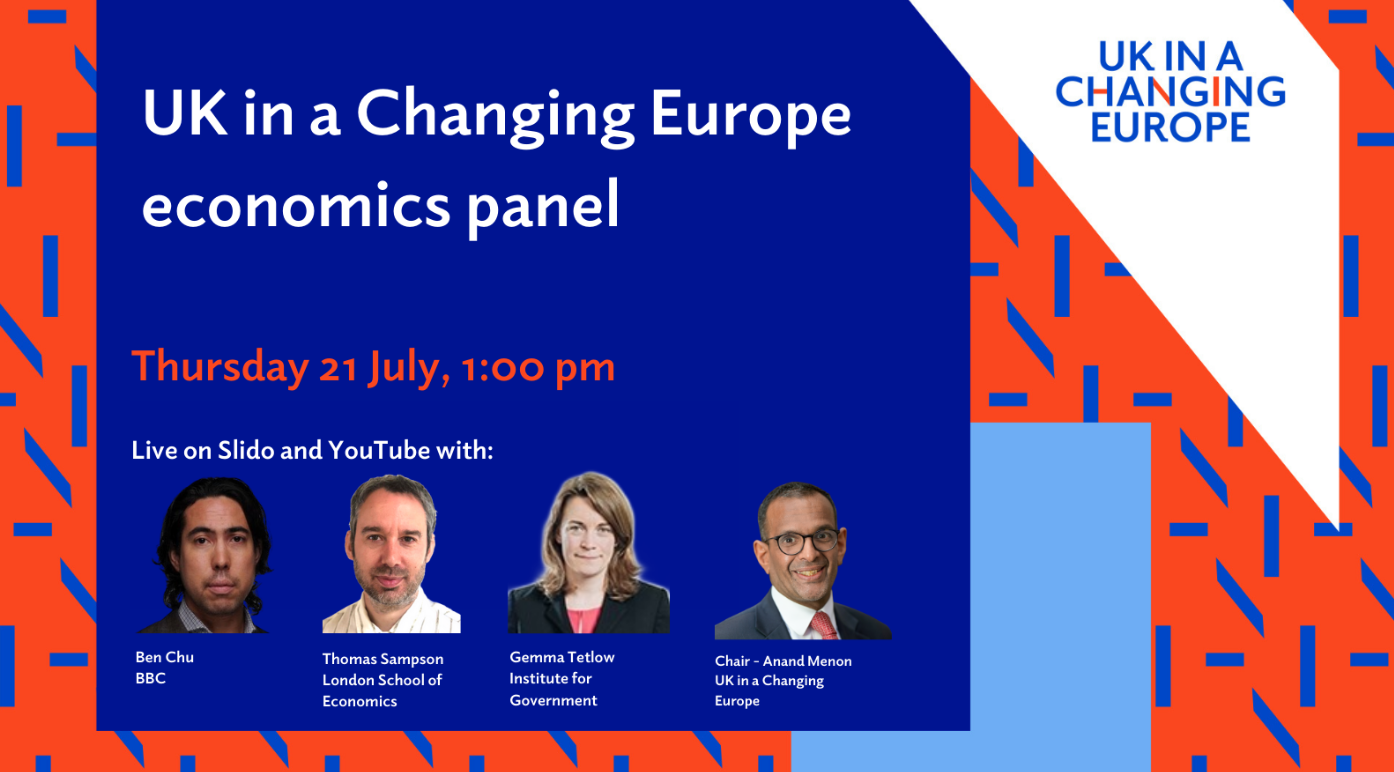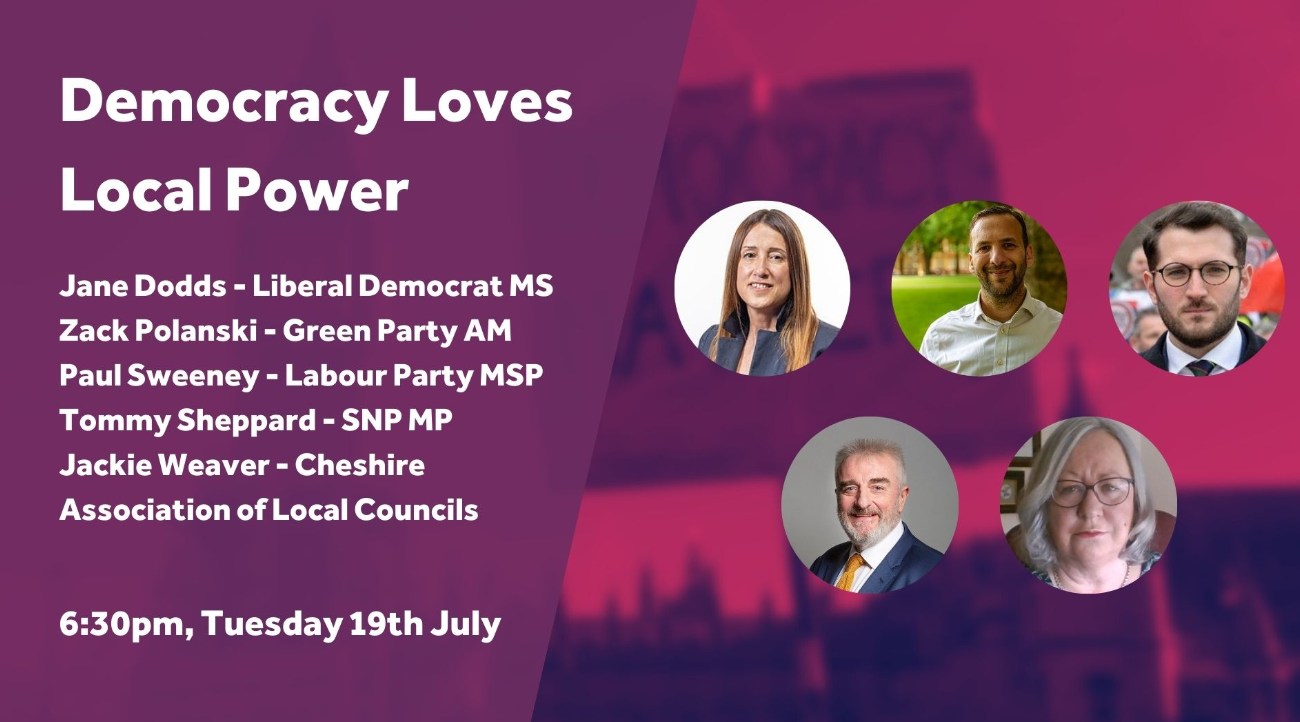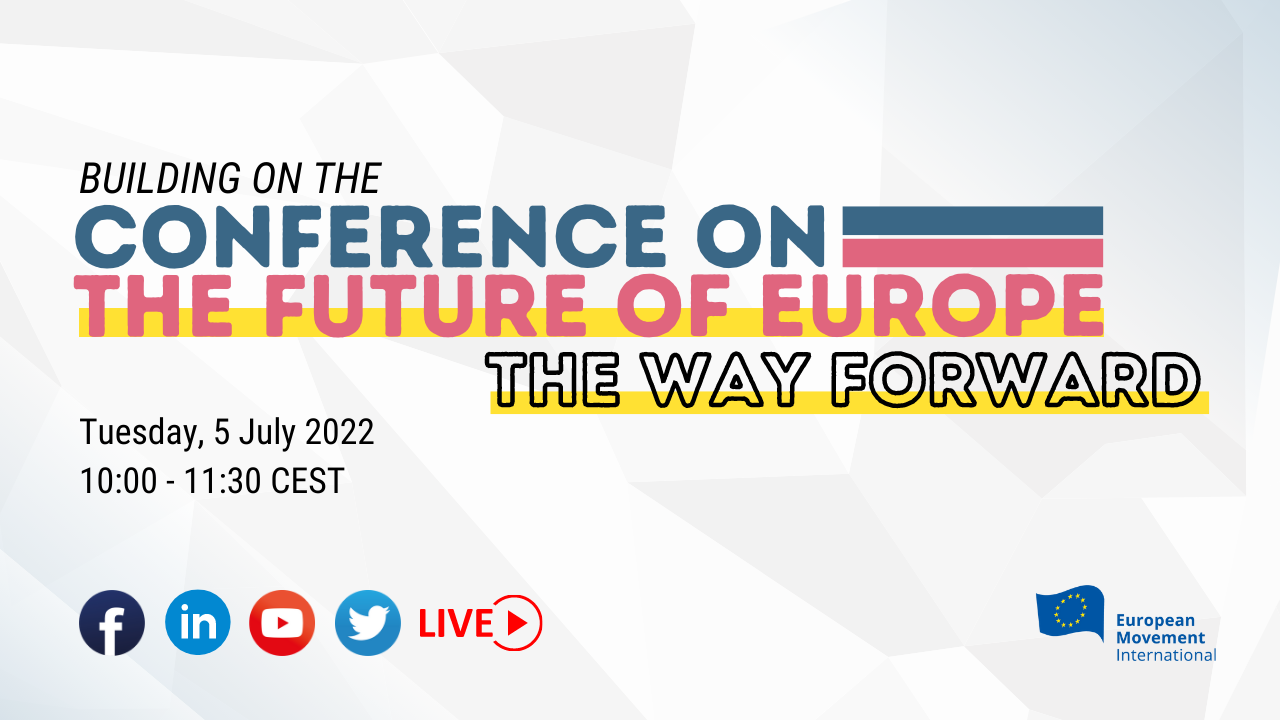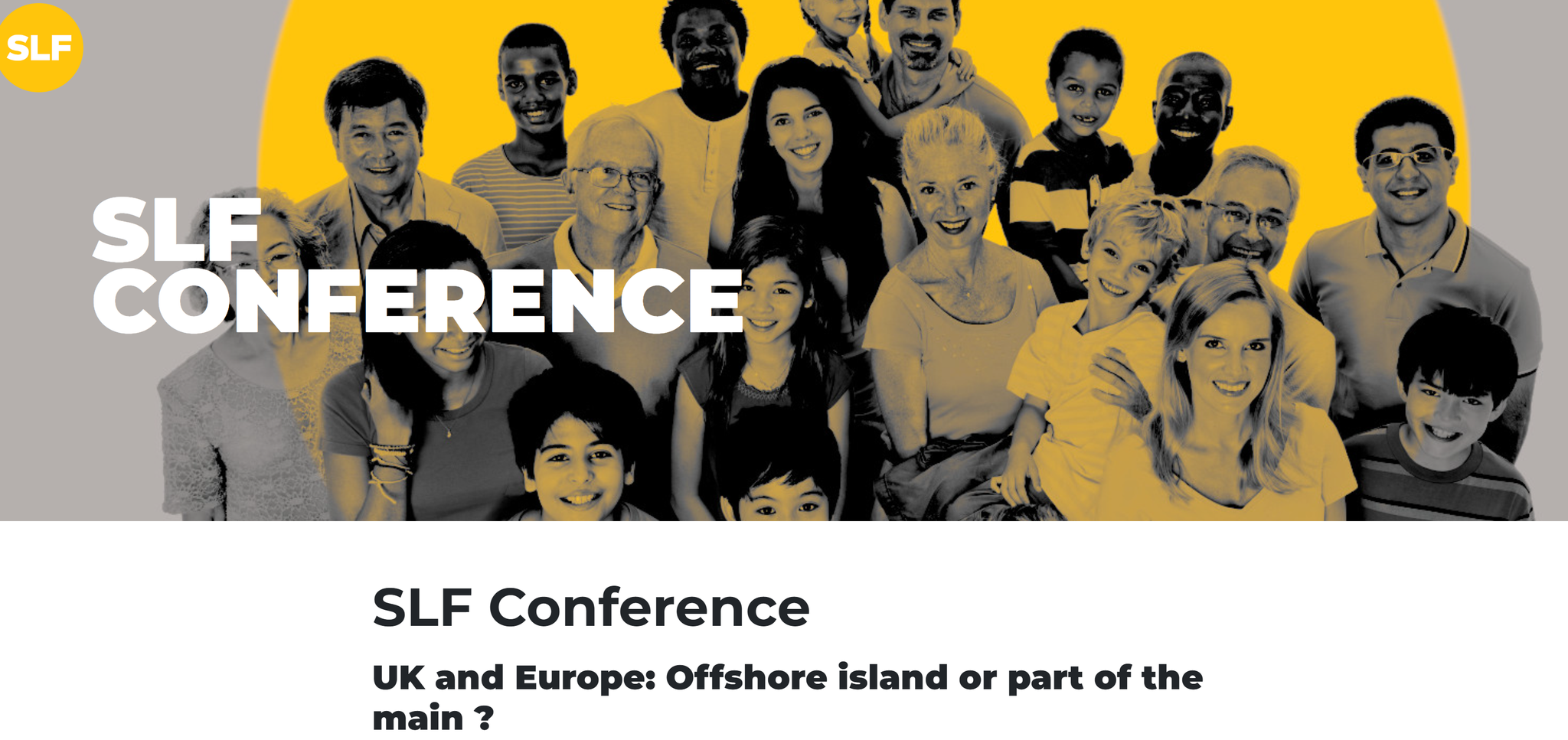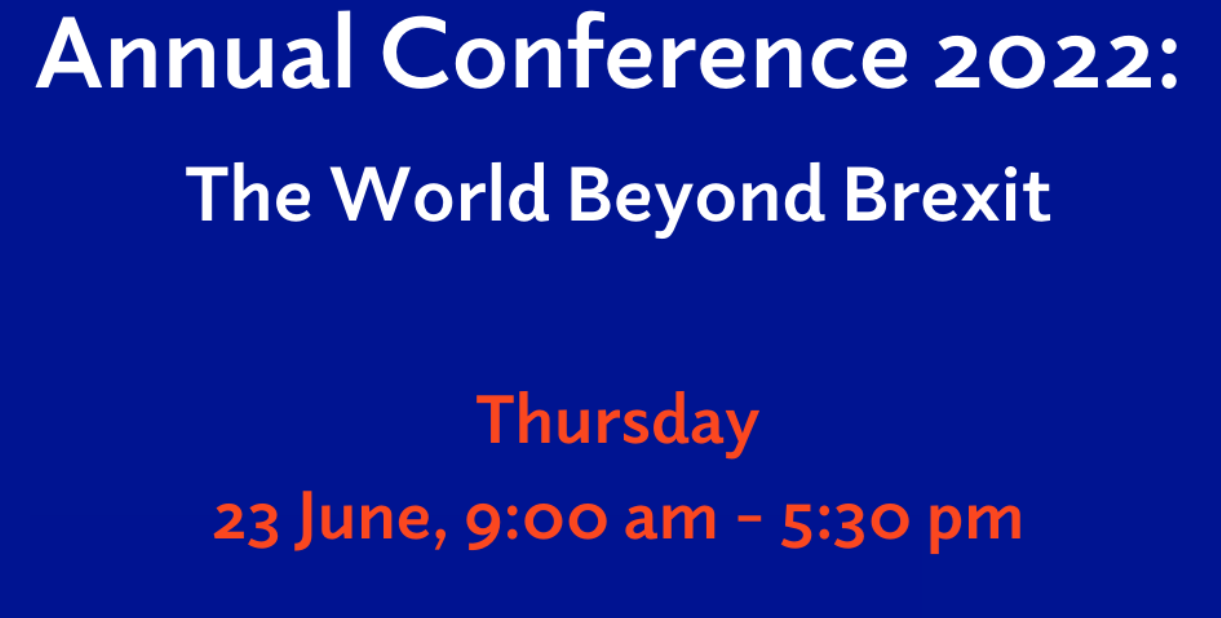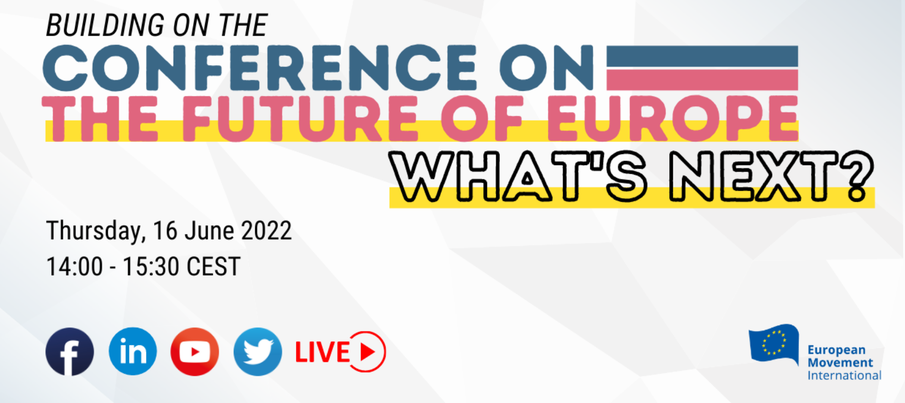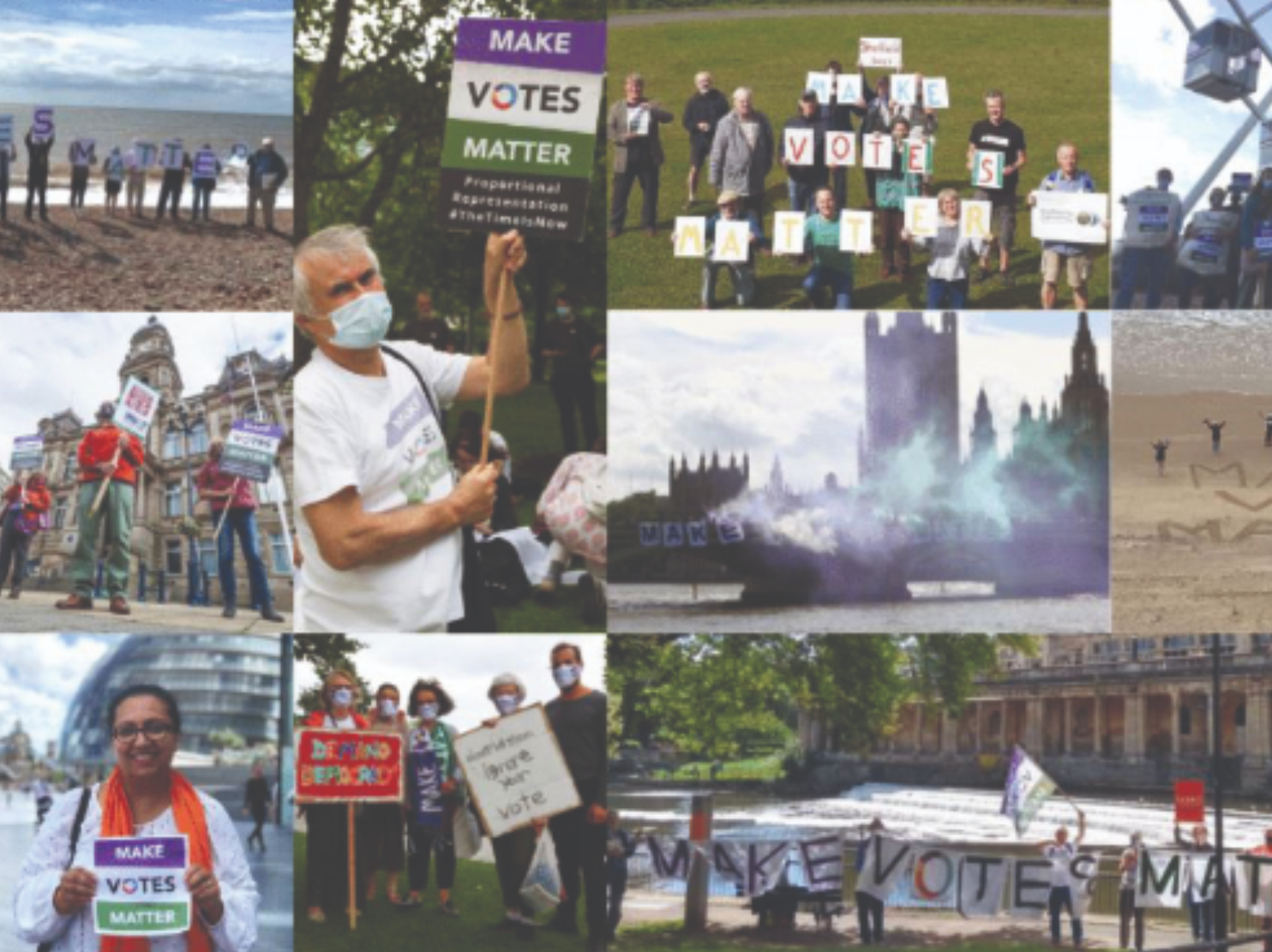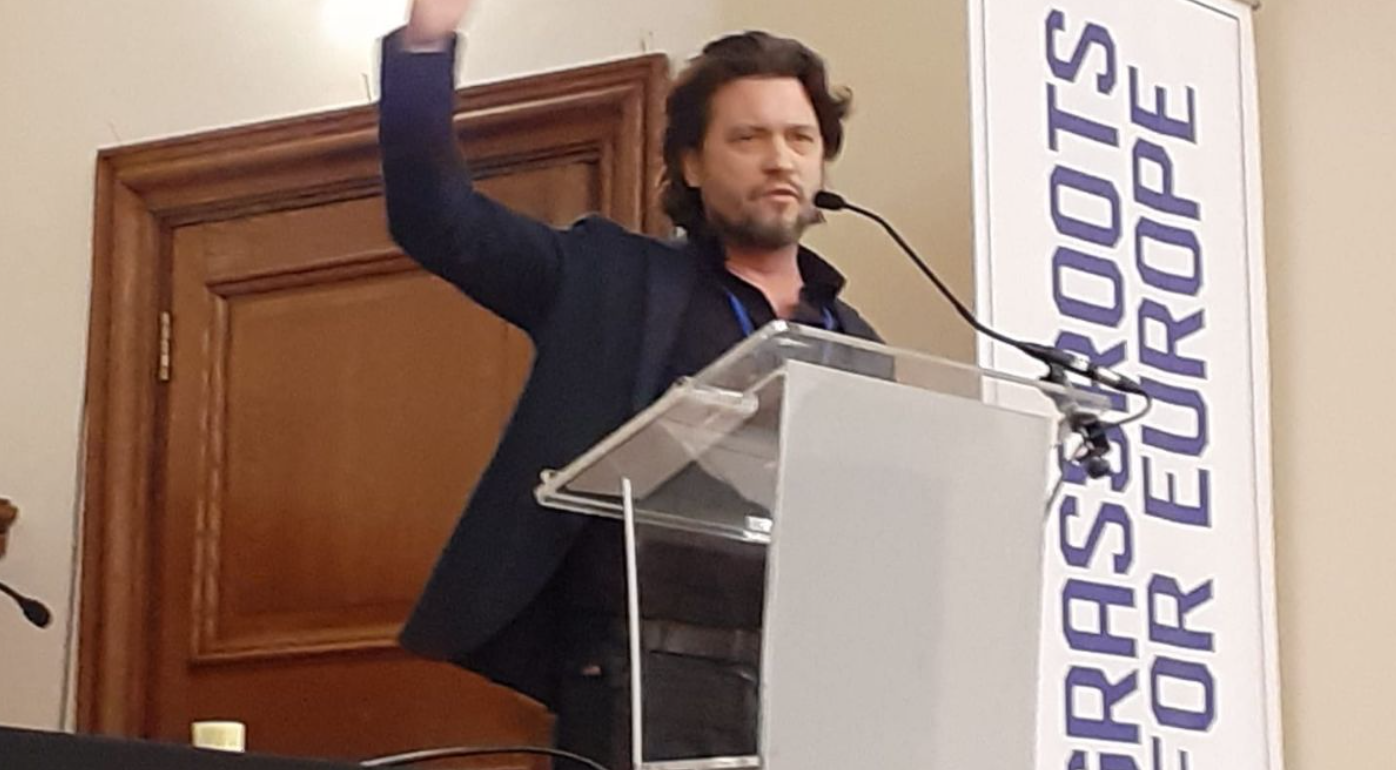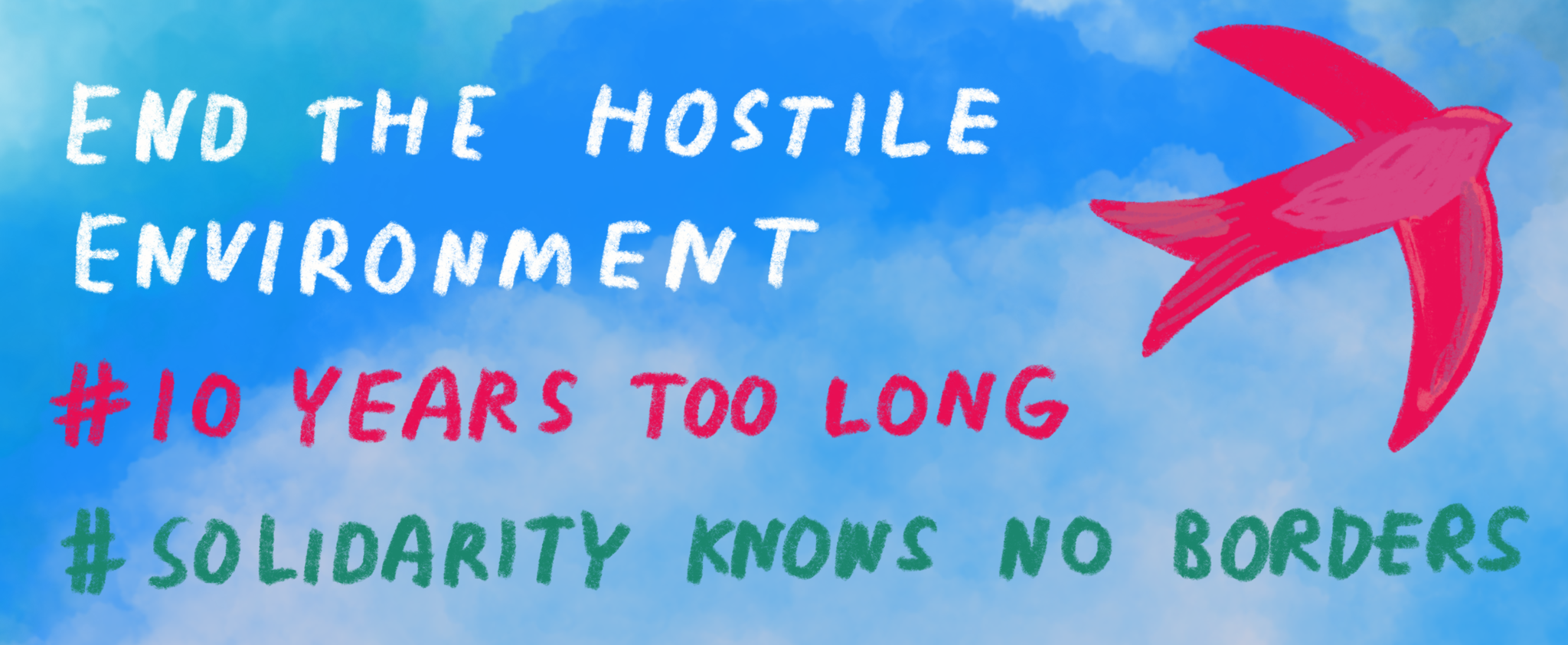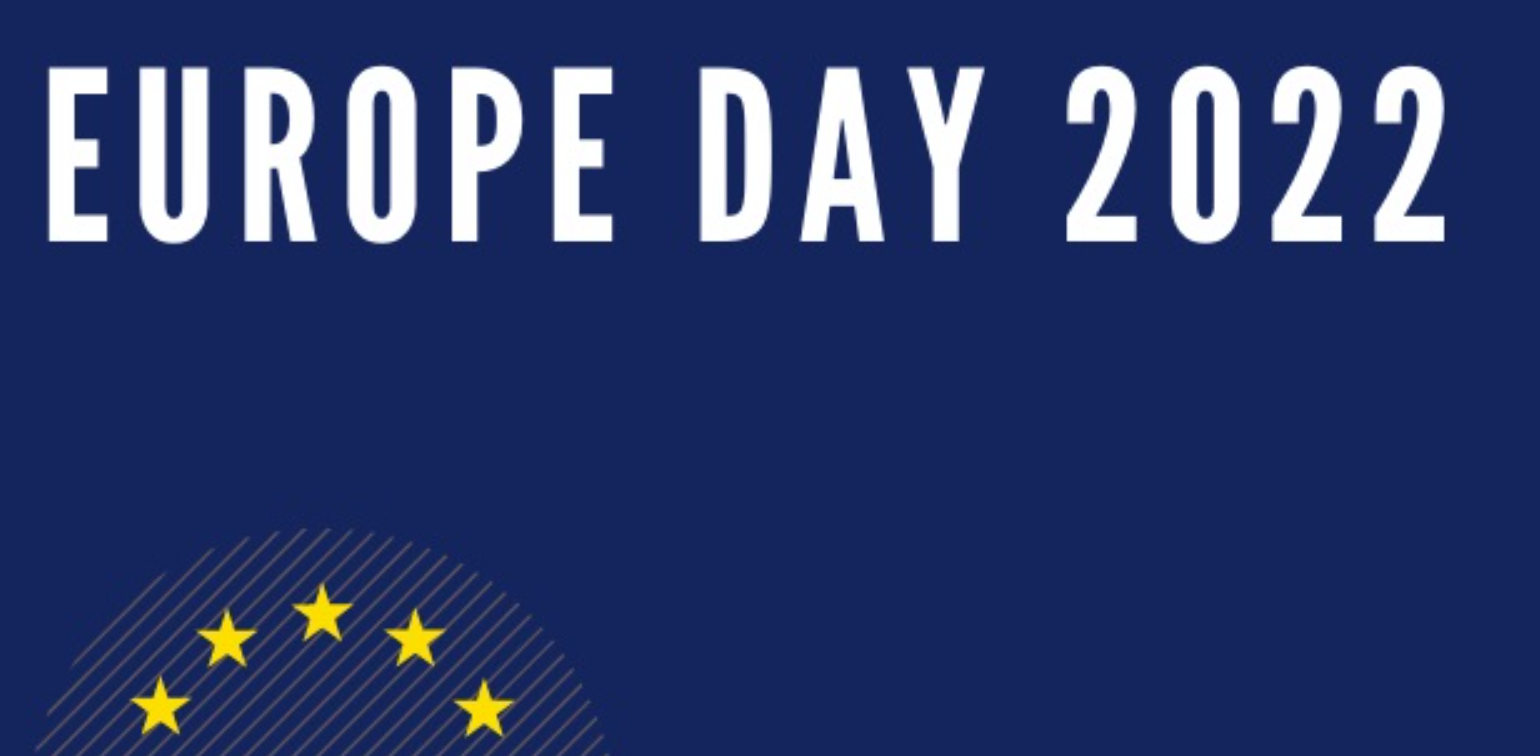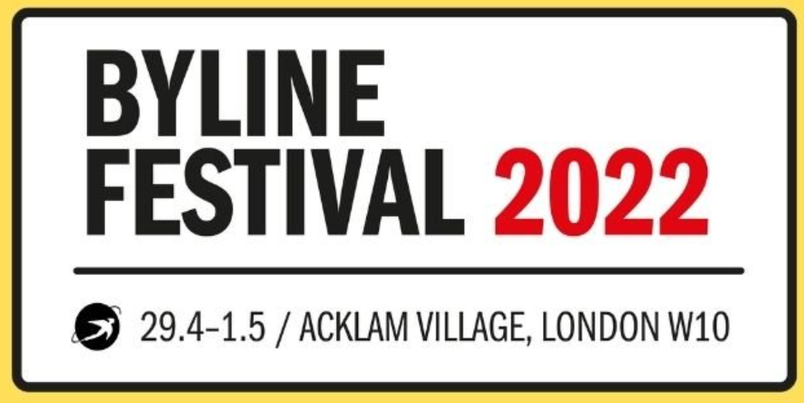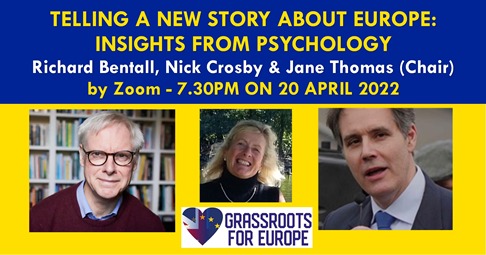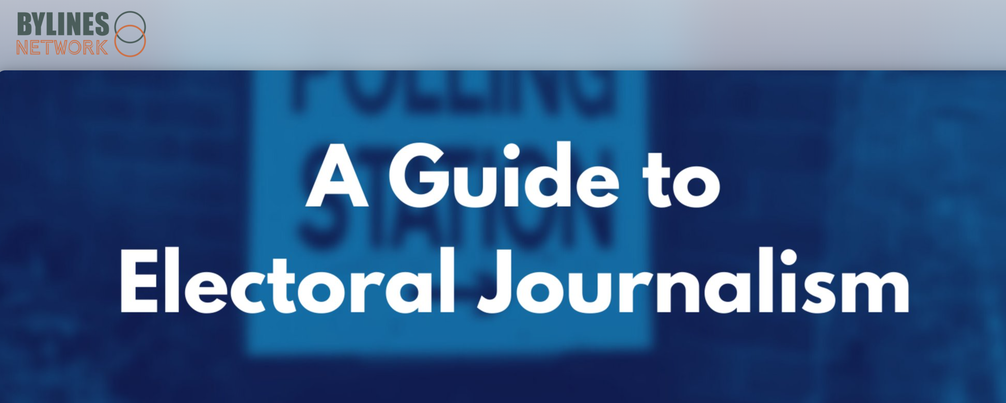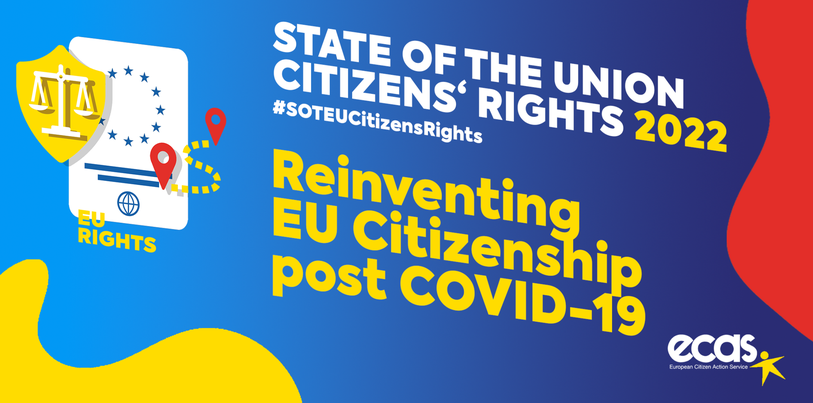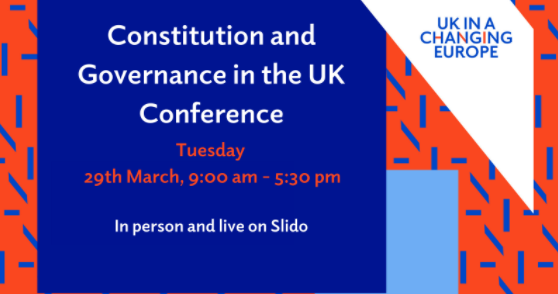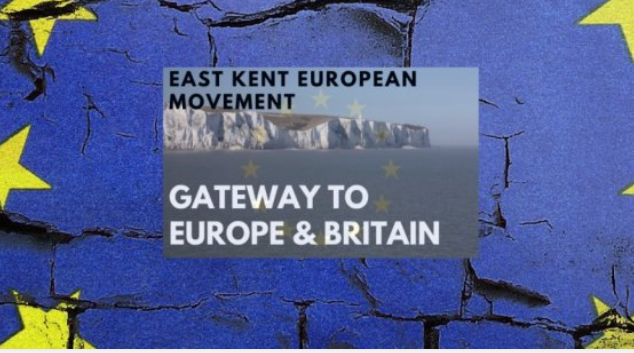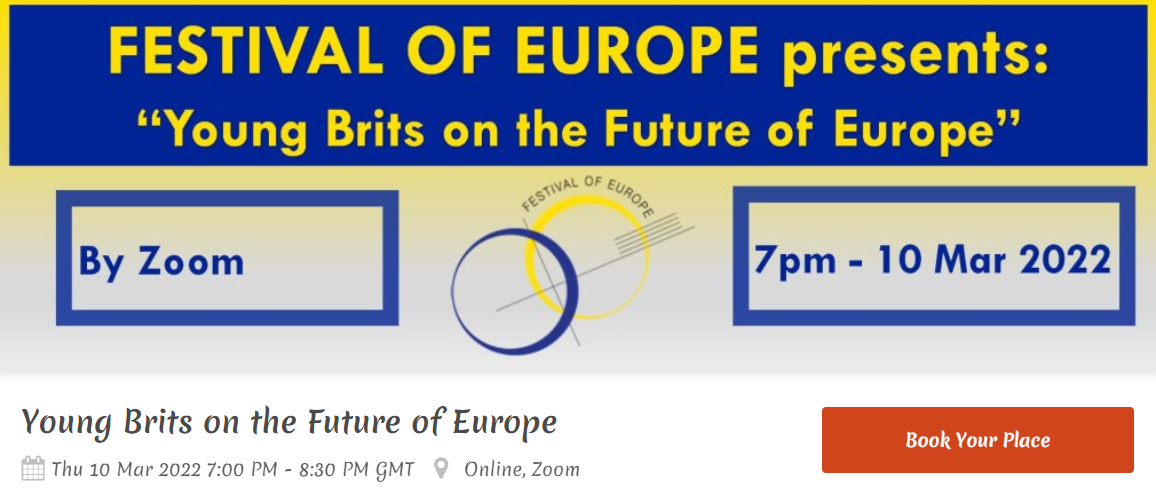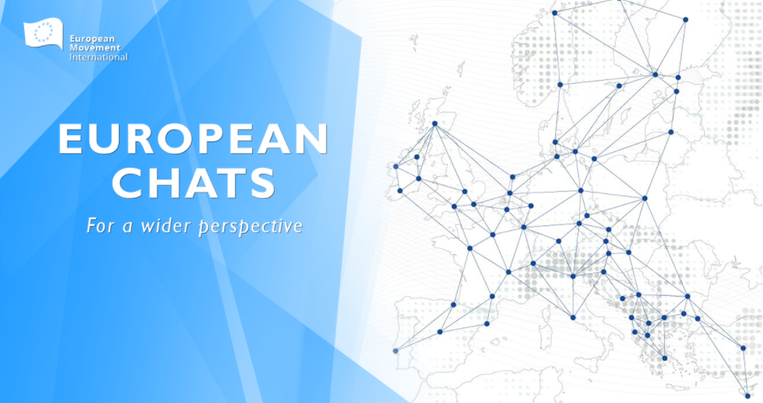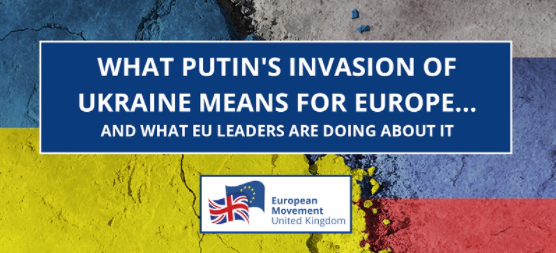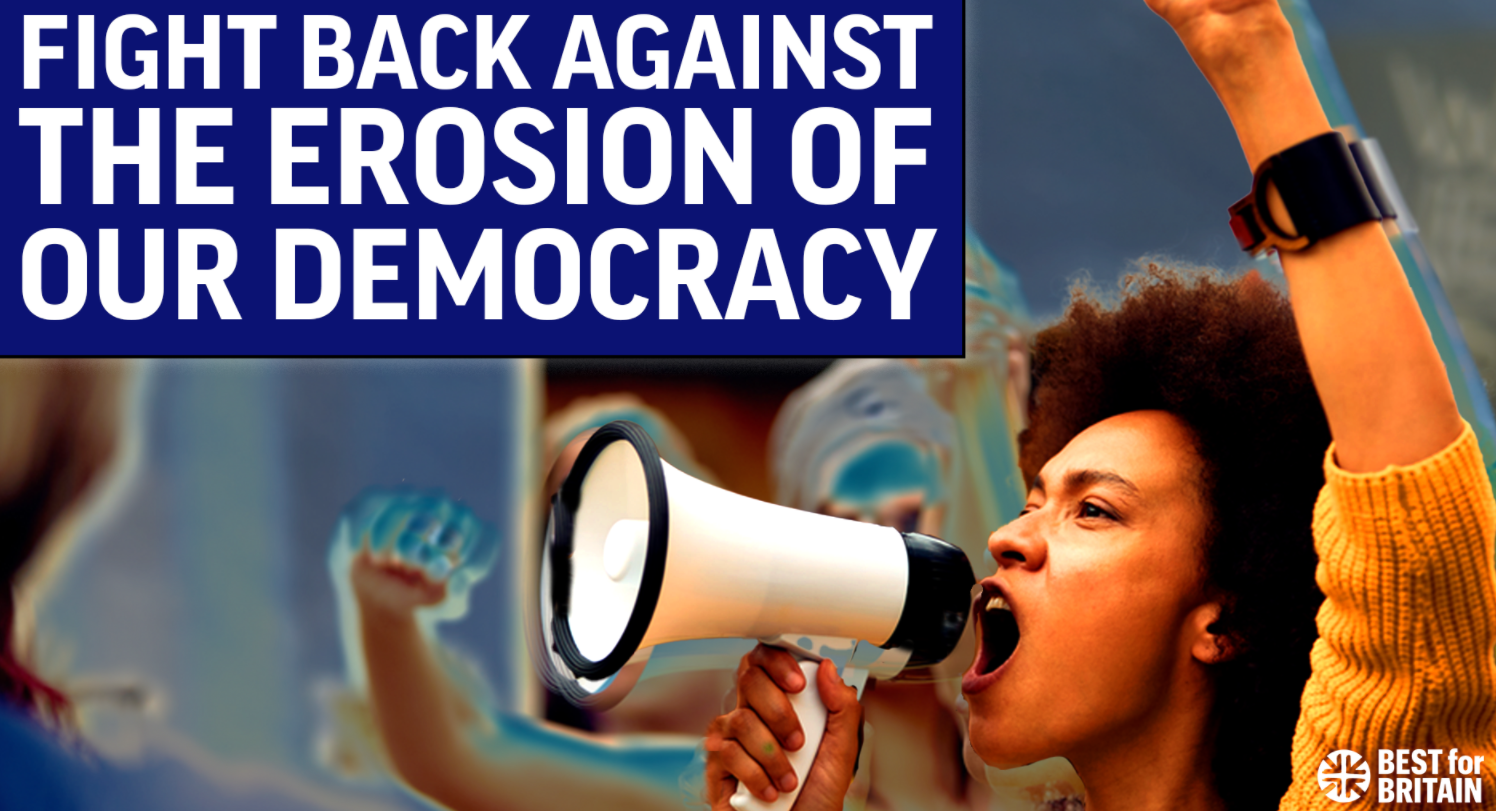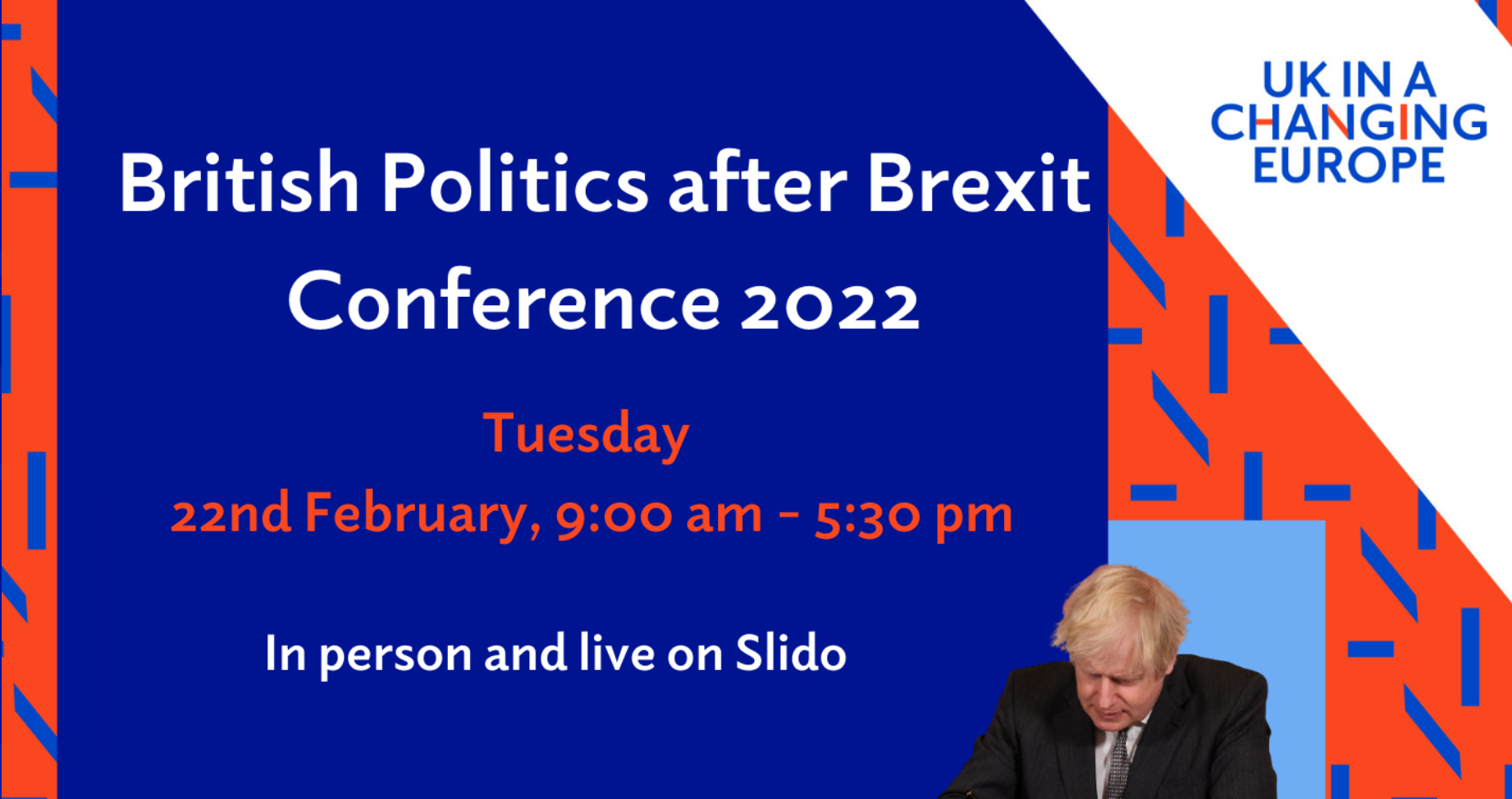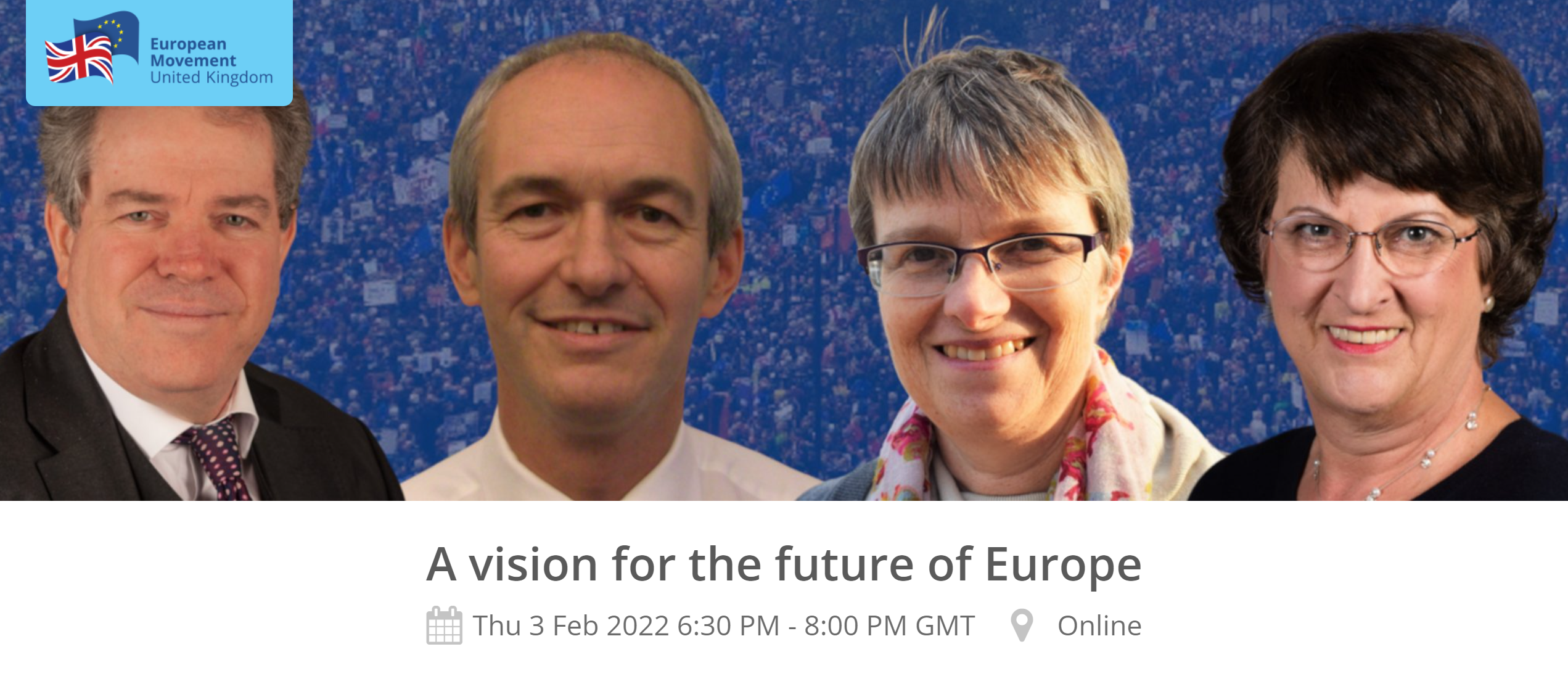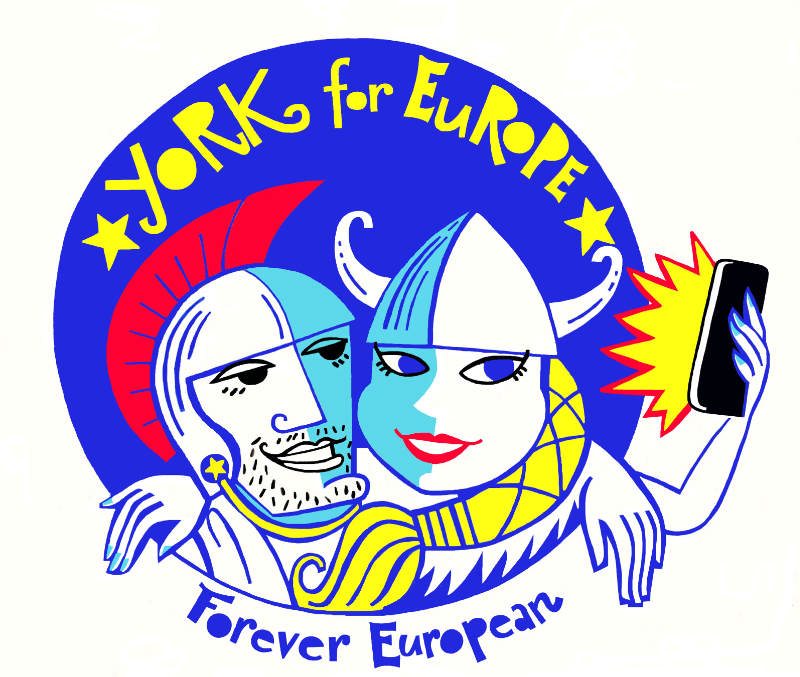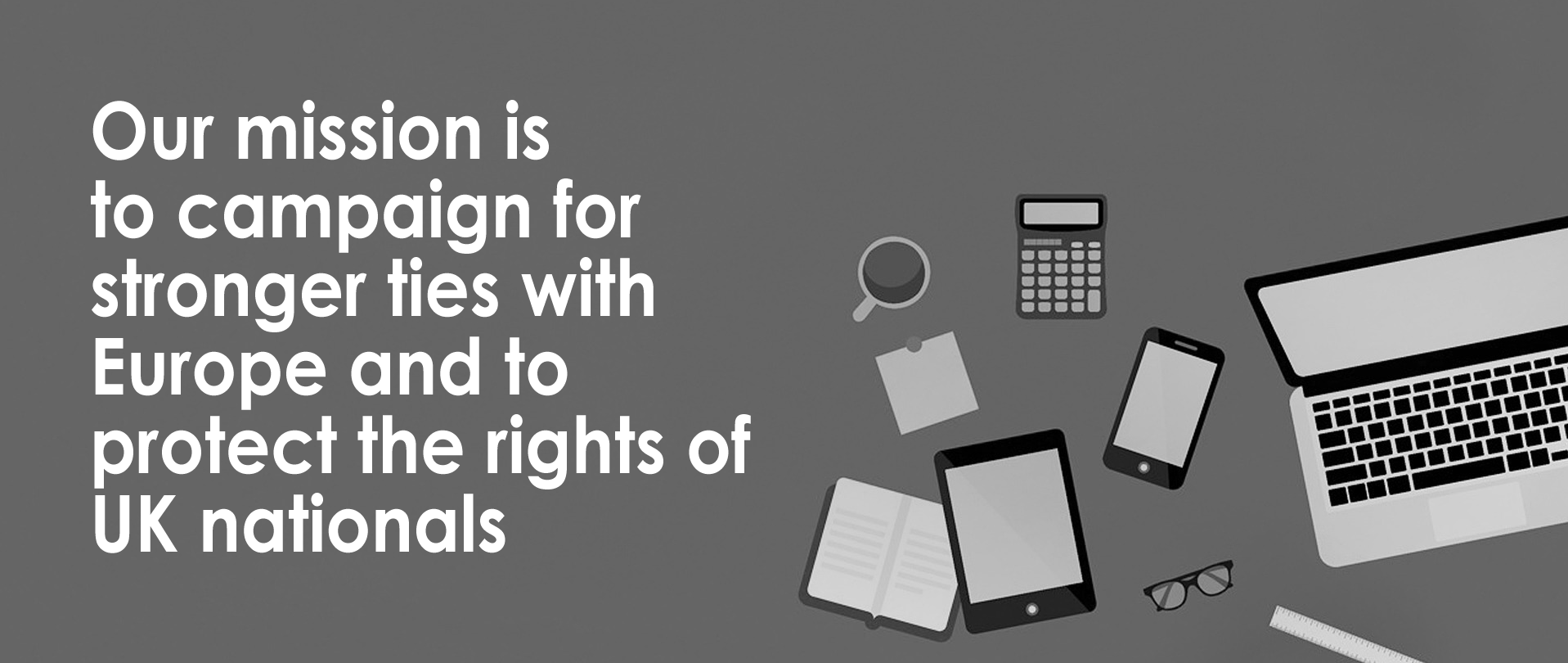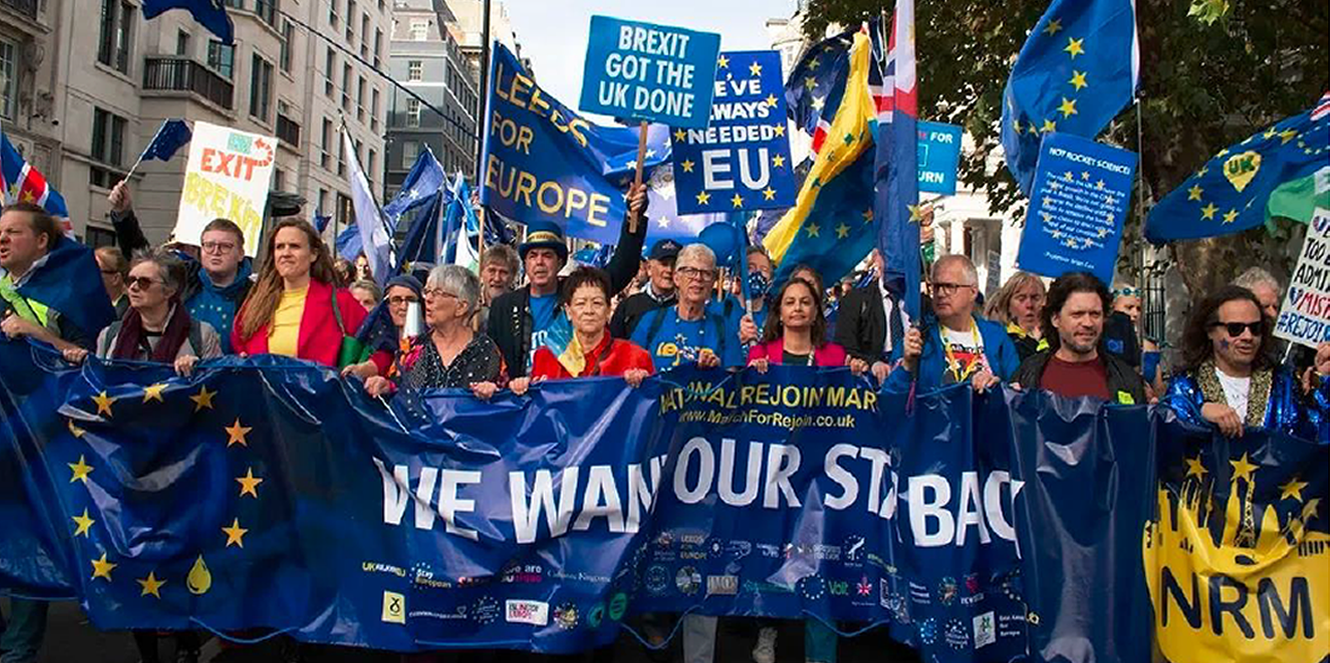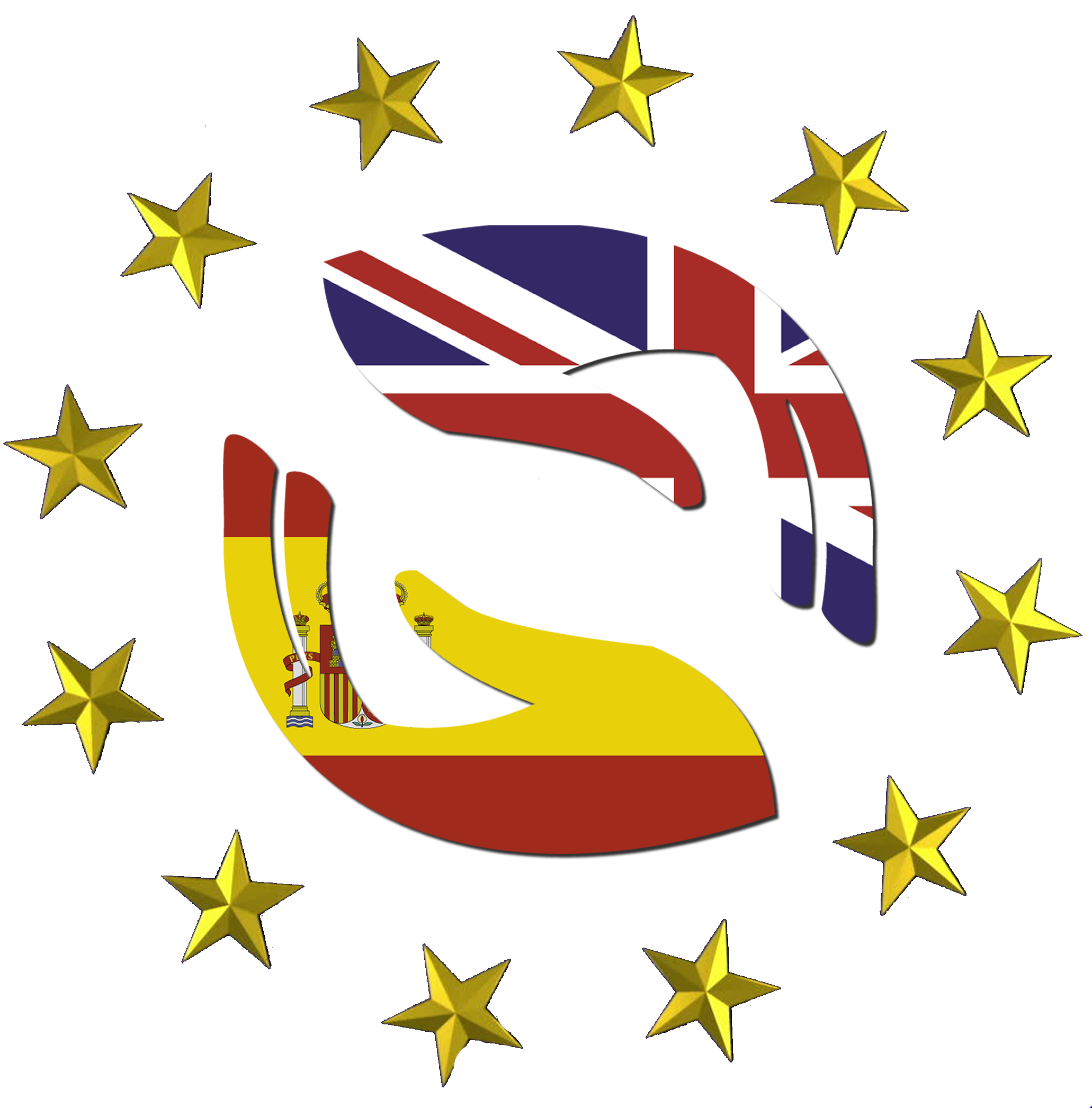
Events 2022
1st & 8th December – Stop Funding Hate
Zoom workshops – 13.00-15.00/10.30-12.20 GMT
Learn about tactics used by Stop Funding Hate to defund toxic media and discuss the theory of change. Also, discover how to work together to combat hate and spot different types of hate speech.
Register to attend here
29th November – European Movement
In person & online event – 18.00 – 20.00 GMT
Battle for the soul of the country: In conversation with The Big 4
Panel: Lord Michael Heseltine, Sir Vince Cable, Caroline Lucas & Lord Andrew Adonis
Tickets (£25) currently sold out but you can add you name to the waiting list or join online
Join the waiting list here or watch online
23rd November – Good Law Project
Livestream Interview – 18.00 – 19.00 GMT
Join the Conversation with leading lawyer & experts on human right, Adam Wagner.
Register to attend here
19th November – Unlock Democracy
In person & online event – 11.00 – 12.15 GMT
Democracy & the future of Britain: a conversation about national identity, devolution, independence & electoral reform
Speaker: Gavin Esler
Register to attend here
9th November – European Britons
Webinar – 20.30 CET
Thinking workshops: The rights & responsibilities of European Britons with regard to the EU?
Meeting ID: 884 4762 2577
Attend meeting via Zoom here
8th November – UK in a changing Europe
Live on Slido & YouTube – 13.00 – 14.15 GMT
The current economic climate, including the impact of Covid, Brexit, the cost-of-living crisis & government policies
Panel: Ben Chu, Gemma Tetlow, Jonathan Portes, Jill Rutter, Anand Menon
Register to attend here
25th October – Independent Newspaper
Online Zoom – 18.30 – 19.30 BST
Deciphering Trussonomics:
What has happened, what it means & what to expect
Host: John Rentoul
Panel includes: Sean O’Grady & Julian Jessop
Register to attend here
22nd October – National Rejoin March
Join Bremain in Spain at the first national march to rejoin the EU.
Speakers include: Terry Reintke, Molly Scott Cato, Julie Ward, Lord Adonis, Steve Bray, Femi Oluwole, Baroness Sarah Ludford, Mike Cashman, Mike Galsworthy, Siobhan Benita, Madeleina Kay & Bremain Chair, Sue Wilson
For further information, visit official website here
Listen to the latest SMR radio show, with interviews with the march organisers here
Advise the organisers of your attendance here
If you would like to volunteer, click here
Should you wish to donate, click here
Bremain is an official march partner. If you are a member of the Bremain in Spain Facebook group & are planning to attend, please apply to join our dedicated march group here
20th October – UK in a Changing Europe
Live on Slido & YouTube – 13.00 – 14.15 BST
Levelling Up: What England thinks
Chair: Paula Surridge
Panellists: Jen Williams, Will Jennings, Lawrence McKay, Suzanne Hall, Sophie Stowers
Register for the event here
18th October – York for Europe
Online Zoom – 19.30 BST
The new European Political Community which has just met in Prague for the first time.
To join the conversation simply click the Zoom link below at the meeting start time.
Speaker: Richard Corbett – Honorary President of Leeds for Europe & former Labour MEP
Zoom link here
13th September – Make Votes Matter
In person event, London – 19.30 – 20.30
Democracy loves climate justice – PR can have a positive impact on climate emergency
Chair: Jonathan Porritt, + panellists Natalie Bennett, Wera Hobhouse, Clive Lewis
Register to attend here
27th July – Independent
Online event – 18.30 – 19.30 BST
Brexit: Will a new PM be able to solve the N.I. issue?
Panel: A panel of experts will be hosted by chief political commentator, John Rentoul
Register to attend here
21st July – Federal Trust
Online event – 17.00 – 19.00 BST
Getting Brexit undone
Speakers: Prof. Andrew Blick, Dr. Denis MacShane, Brendan Donnelly
Register to attend here
21st July – UK in a Changing Europe
Live on Slido/You Tube – 13.00 – 14.15 BST
The current economic climate & the impact of the cost-of-living crisis, Covid & Brexit
Economics Panel: Ben Chu, Thomas Sampson, Gemma Tetlow & Anand Menon
Register to attend here
19th July – Makes Votes Matter
Virtual event – 18.30 BST
Democracy Loves Local Power – showcasing Proportional Representation
Panellists: Jane Dodds, Zack Polanski, Paul Sweeney, Tommy Sheppard, Jackie Weaver
Register to attend here
5th July – European Movement International
Online panel discussion – 10.00 – 11.30 CEST
Building on the Conference on the Future of Europe – The Way Forward
Panel includes: Alice-Marie Higgins, Joy Clara Schäflein, Marco Cilento, Petros Fassoulas
Event page and livestream link here
23rd June – UK in a Changing Europe
In person & online – 09.00 – 17.30 BST
The World Beyond Brexit
Speakers include: Lord David Frost, David Lammy, Anand Menon
Sign up here
16th June – European Movement Int’l
Online event – 14.00 – 15.30 CEST
Building on the Conference on the Future of Europe – What’s Next?
Speakers include: Alice-Mary Higgins, Maroc Cilento, Petros Fassoulas
Register to attend here
15th June – Good Law Project
Online live event – 17.00 – 18.00 – BST
Is the UK Shutting Down Dissent?
Panel includes: Jo Maugham, Roger Hallam, Dr. Shola Mos-Shogbamim, Parm Sandhu
Register to attend here
13th June – Make Votes Matter
Virtual event – 18.30 – 20.00 BST
Democracy Loves Strong & Stable Government
Speakers include: Terry Reintke, David Gauke, Stephen Kinnock, Malcolm Baalman
Register to attend here
11th June – Make Votes Matter
National Action Day – all day
An opportunity to help reinforce grassroots momentum for Proportional Representation.
Save the date and consider planning your own local event. Further details will be available in due course.
View MVM website here
9th June – European Movement UK
Zoom Meeting – 20.00 BST
Explaining EM’s “Step by Step to Rejoin” campaign policy
Guest Speaker: EM’s Campaigns Strategy Advisor, Dr. Mike Galsworthy
Meeting ID: 876 6523 7696
Zoom link here
25th May – Solidarity Knows No Borders
Online line – 18.00 BST
End the hostile environment and fight for migrant and racial justice
Speakers: Full list on view when you register
Register to attend here
24th May – Make Votes Matter
Webinar – 19.00 CET
Democracy Loves Diversity – showcasing how we can use PR to build a better society.
Speakers: Femi Oluwole, Shaista Aziz, Amelia Womack, Dr. Hannah Barham-Brown, Hina Bokhari, Dr. Maria Iacovou
Reserve your place here
23rd May – Make Votes Matter/Get PR Done
Online event launch – 19.00 BST
New project – “Councils for PR: one goal, one motion” – working to change the UK to Proportional Representation in elections.
Speaker: Clive Lewis MP
Send email to receive registration link
14th May – Open Britain
Stop the Rot rally – London – 11.00
This event marks the beginning of a ‘summer of action’ for all those saying enough is enough.
Speakers include: David Lammy, Peter Tatchell, Tom Brake, Rosie Holt, Marina Purkiss
Sign up for the rally here
9th May European Parliament Liaison Office
In person live concert – London – 19.00
To celebrate Europe Day, the concert will also be live-streamed & will include pieces by Mozart, Dvořák & Beethoven
Performers: The Chamber Orchestra of Europe & the European Community Youth Orchestra
More details here
20th April – Grassroots for Europe
Zoom event – 19.30 BST
Telling a New Story about Europe: Insights from Psychology
Speakers: Richard Bentall, Nick Crosby & Jane Thomas
Register to attend here
6th April – Independent
Online Event – 18.30 BST
Exploring the Government’s Pursuit of Brexit Opportunities
Panel of experts: John Rentoul, Prof. Anand Menon, Naomi Smith, John Stone
Questions can be submitted in advance
Register to attend here
31st March – Bylines Network
Online event 19.00 – 20.30 GMT
A Guide to Electoral Journalism
Speakers:
Scott Hunter, Jane Thomas, Alex Toal
Join the guestlist here
31st March – DCU Brexit Institute
Online event – 15.00 GMT
The Ukraine War & the Future of the EU
Speakers include: Prof. Daire Keogh, Thomas Byrne TD, Prof. Anand Menon
Register to attend here
29th March – ECAS
Online Conference – 9.30 – 12.30 CET
State of the Union Citizens’ Rights 2022
Reinventing EU Citizenship post COVID 19
Speakers include: Tana Toom MEP, Julie Bishop, Eoin Young, Omro Preiss
Register to attend here
29th March – UK in a Changing Europe
In person event & live on Slido – 09.00 – 17.30 GMT
Constitution & Governance in the UK Conference
Speakers:
Justice Secretary Robert Buckland, Baroness Hale
Register to attend here
24th March – E. Kent European Movement Online Zoom event – 19.15 – 20.45 GMT
How Britain Ends: the stresses & strains resulting from Brexit
Speaker: Gavin Esler
Register to attend here
10th March – Festival of Europe
Zoom event – 19.00 GMT
Young Brits on the Future of Europe
Speakers:
Madeleina Kay, Olga Ambrosiewicz, Michael Anderson
Book your place here
9th March – Good Law Project & Redress
Live Facebook/Twitter – 18.00–19.00 GMT
The fragile state of UK citizenship
Panel includes:
Jo Maugham, Richard Ratcliffe, Yasmin Ahmed
Sign up to attend here
3rd March – European Movement -UK
Online event – 18.30 GMT
What Putin’s invasion of Ukraine means for Europe
Speakers include:
H.E. Sophie Katsarava MBE, Kees Klompenhouwer, Claire Moody
Register to attend here
22nd February
Online event
20.15 – 22.00 CET
22nd February
In person conference, London, & live on Slido
9.00 – 17.30 GMT
UK in a Changing Europe
British politics after Brexit Conference 2022
Speakers include:
Adam Boulton, Prof. Anand Menon, Sam Coates, Carla Denyer, Huw Edwards, Sir John Curtice
Register to attend here
17th February
Online Zoom /Facebook livestream event
15.00 – 16.30
London School of Economics
In conversation with VP for Spain & Minister for the Economy & Digital Transformation
Speakers:
Nadia Calviño Santamaría, Prof. Iain Begg
Register to attend here
7th February
Online event
18.00 – 19.00 GMT
6th February
Facebook live event
20.00 CET
Boris Johnson’s Leaving ‘work event’
Event hosted by James Dart
Join in wishing Big Dog all the best as he moves on to pastures new. BYOB!
Keep it to yourself.
Register to attend here
5th February
Rally
12.00 – 14.00 GMT
3rd February
Online event – live
14.00 CET
A Place in the Sun
In conjunction with the British Consulate
Panel includes:
Sarah-Jane Morris & Martyn Standing from Embassy Health & Social Care Team
Register to attend here
3rd February
Online event
18.30 – 20.00 GMT
European Movement UK
A Vision for the Future of Europe
Speakers:
Catherine Bearder, Charles Tannock, Richard Corbett, Molly Scott Cato
Join the guestlist here
27th January
Zoom event
19.00 – 20.30 GMT
20th January
Zoom online event
20.00 – 21.30 GMT
West Country Voices
Democracy in Danger
Speakers:
Molly Scott Cato – former MEP, Peter Jukes – Byline Times, Naomi Smith – Best for Britain
Register to attend here
13th January
Zoom Webinar
15.00 GMT
York for Europe
Join Juliet Lodge for a chat with:
Speaker:
Terry Reintke MEP & Vice-President of Green/EFA group, founder of the EU/UK Friendship Group
Join via Zoom link here

